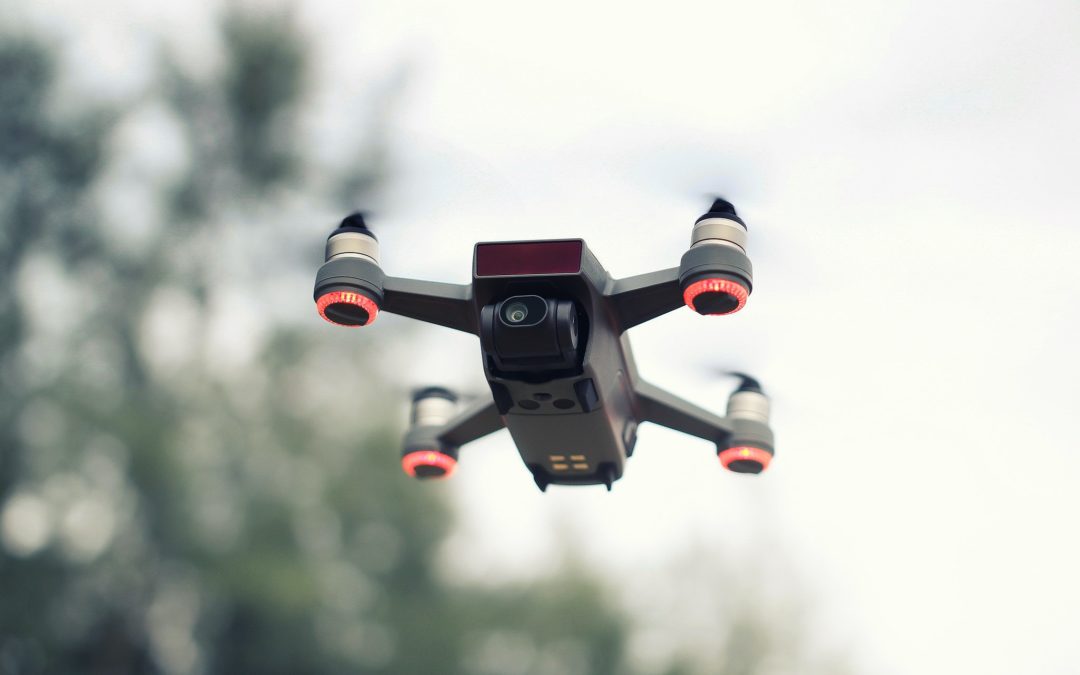The Labour Group has delivered on its promise to invest in measures to help tackle anti-social behaviour, with increased CCTV and drone deployment.
The drones (unmanned aerial vehicles/UAVs) allow the council to easily investigate and access areas with reports of fly-tipping, off-road motorcyclists and youth and gang disorder issues.
Cllr Graeme Miller, leader of Sunderland Labour Group, said: “We promised residents in our recent election manifesto that we would introduce a city-wide strategy of controlling litter and fly-tipping and we’re delighted to be once again delivering for the people of Sunderland.
“The major deployment of CCTV cameras and drones, from the coalfields to the coast, will see us work closer than ever before with Northumbria Police and our partners to clamp down on anti-social behaviour and create cleaner, safer communities for our residents and their families to lead a better, more prosperous life.”
The desire by residents to see more enforcement action against fly-tipping and anti-social behaviour was also one of the key concerns to arise from the City Council’s Let’s Talk consultation in 2020, which empowers residents by giving them a say on how they would like to improve their communities.
It also showed that fly-tipping in Sunderland is not just confined to back streets and built-up areas. As a large metropolitan and rural area that has hundreds of hectares of park and farmland, such as in the Washington, Hetton and Houghton areas, the council receives reports and information about fly-tipping in lanes, lay-bys and fields.
Enforcement action has also included confiscating vans and vehicles suspected of being involved in fly-tipping with five vans crushed in the last 12 months. A sixth van is due to be crushed in coming weeks.
Cllr Claire Rowntree, deputy leader of Sunderland Labour Group and Cabinet Member for Clean Green City, said: “The vast majority of residents – as they reminded the council in the 2020 Let’s Talk consultation sessions – want to see a cleaner and greener Sunderland.
“We already use drones in planning and surveying work, and now these two drones are going to help us in detecting and deterring fly-tippers.
“The drones can view sites that have been used by fly-tippers, record what they see, and then this aerial survey reveals information more quickly about how much fly-tipping there is and how it was accessed, such as if there’s tyre tracks.
“Investigation and monitoring work that could have taken a lot longer on foot can now be done by air survey. The drones are a smart and efficient piece of new technology that’s now being used for residents as we work together on improving our city and environment.
“The drones are not about watching or the surveillance of residents, it’s about helping residents and part of our drive for a more dynamic, cleaner and greener city.”

